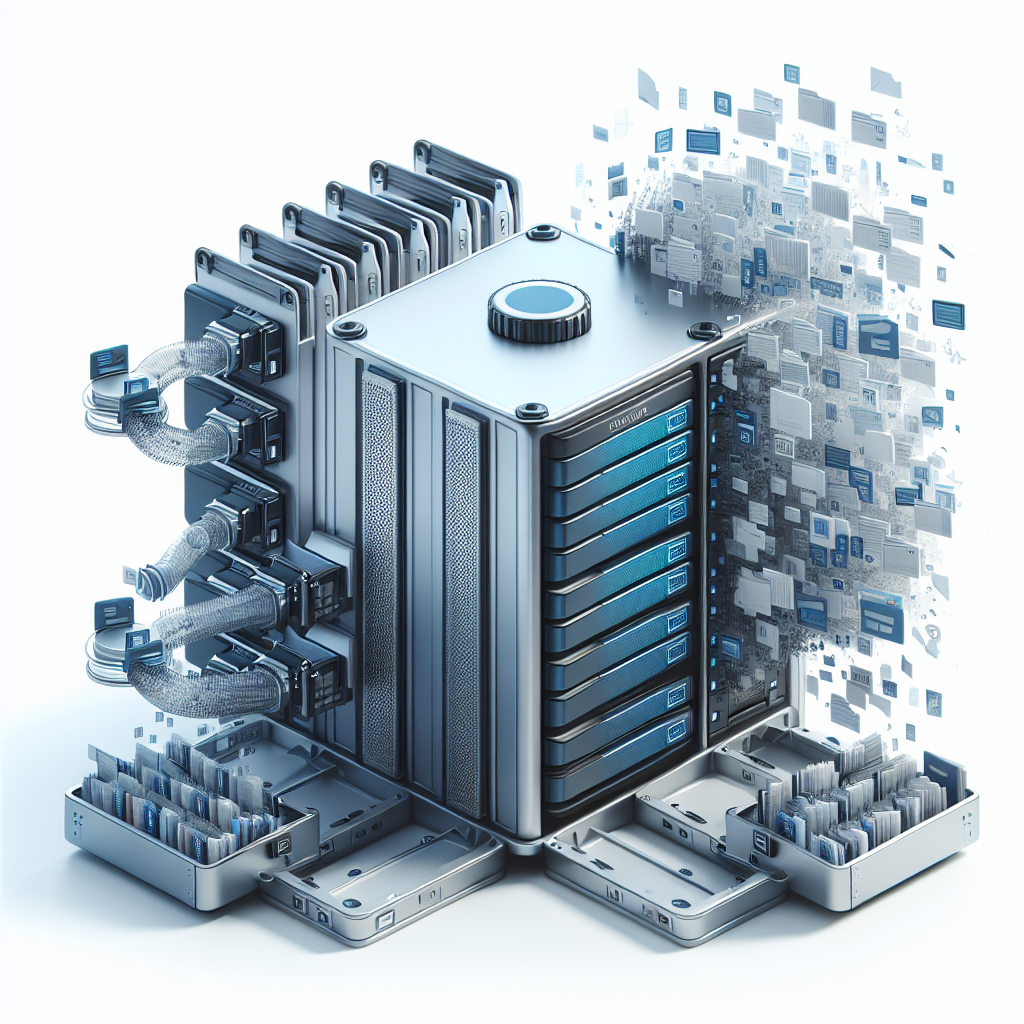Fix today. Protect forever.
Secure your devices with the #1 malware removal and protection software
In today’s digital age, the amount of data that individuals and businesses generate is staggering. With the increasing reliance on digital files for work, communication, and entertainment, it’s crucial to have a reliable and secure system in place for storing and backing up data. This is where Network Attached Storage (NAS) comes in.
NAS is a type of storage device that connects to a network, allowing multiple users to access and share files from a centralized location. It offers numerous benefits for data storage and backup, making it an essential tool for businesses and individuals alike.
One of the main advantages of using NAS for data storage and backup is its scalability. NAS devices come in a variety of sizes and configurations, allowing users to easily expand their storage capacity as their needs grow. This makes it an ideal solution for businesses that need to store large amounts of data or individuals who have a growing collection of files.
Another benefit of using NAS for data storage and backup is its accessibility. With NAS, users can access their files from anywhere with an internet connection, making it easy to collaborate with colleagues or access important documents while on the go. Additionally, NAS devices often come with built-in security features to protect sensitive data from unauthorized access.
NAS also offers a high level of data redundancy, which is crucial for backup purposes. Many NAS devices support RAID (Redundant Array of Independent Disks) configurations, which distribute data across multiple disks to ensure that if one disk fails, the data can still be retrieved from the other disks. This provides an added layer of protection against data loss due to hardware failure or other disasters.
Furthermore, NAS devices often come with built-in backup software that automates the backup process, making it easy for users to schedule regular backups of their important files. This ensures that data is constantly backed up and protected in case of accidental deletion, corruption, or other issues.
In conclusion, Network Attached Storage (NAS) offers numerous benefits for data storage and backup. Its scalability, accessibility, data redundancy, and built-in backup features make it an essential tool for businesses and individuals looking to securely store and protect their data. By investing in a NAS device, users can enjoy peace of mind knowing that their important files are safe and easily accessible whenever they need them.
Fix today. Protect forever.
Secure your devices with the #1 malware removal and protection software

Leave a Reply
You must be logged in to post a comment.